Fill Dirt Delivery Costs Explained
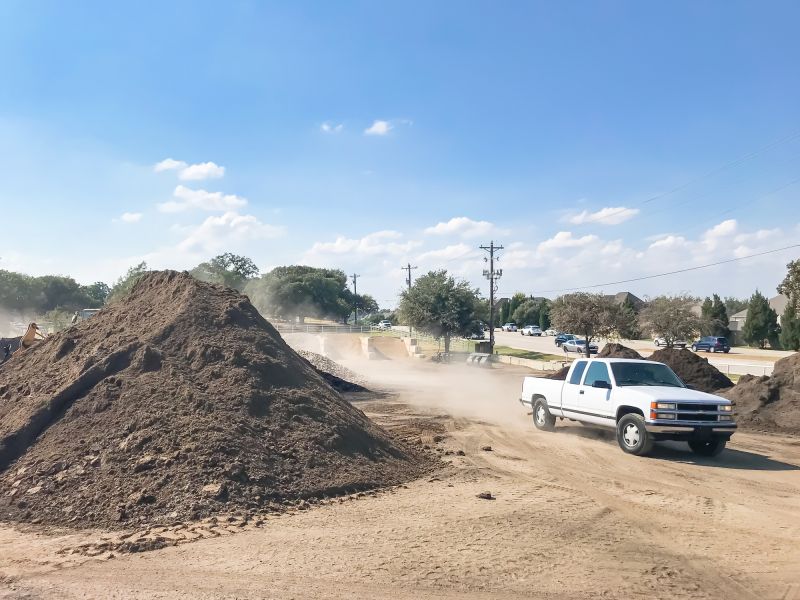
Proximity to the dirt source significantly affects delivery costs, with longer distances increasing transportation expenses.
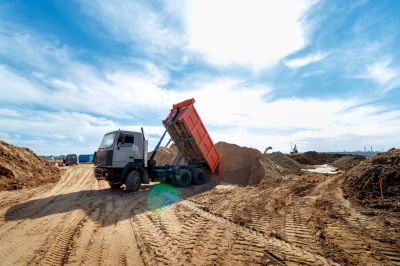
Larger orders typically reduce the per-unit cost but may incur higher total delivery fees based on volume.
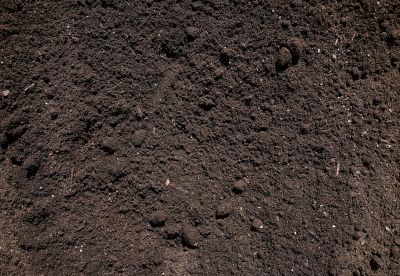
Different types of fill dirt, such as topsoil or gravelly fill, vary in price depending on quality and composition.
| Factor | Impact on Cost |
|---|---|
| Distance from Source | Longer distances increase transportation costs. |
| Order Volume | Higher volumes may reduce per-unit costs but increase total delivery fees. |
| Material Type | Premium or specialized fill dirt can be more expensive. |
| Accessibility | Difficult access sites may incur additional charges. |
| Delivery Timing | Urgent or scheduled deliveries may cost more. |
| Local Regulations | Permits or regulations can add to expenses. |
| Seasonal Demand | Peak seasons may see higher pricing. |
Delivery costs are also affected by logistical considerations such as scheduling and site conditions. Urgent requests or challenging access points may lead to higher fees. It is advisable to obtain detailed quotes that specify these factors to ensure transparency and budget alignment.
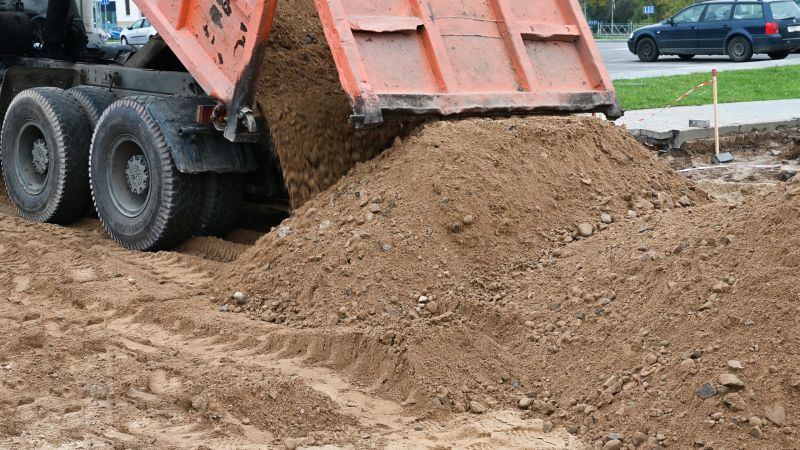
The size and type of truck used influence transportation costs, with larger trucks accommodating more dirt but potentially incurring higher fees.
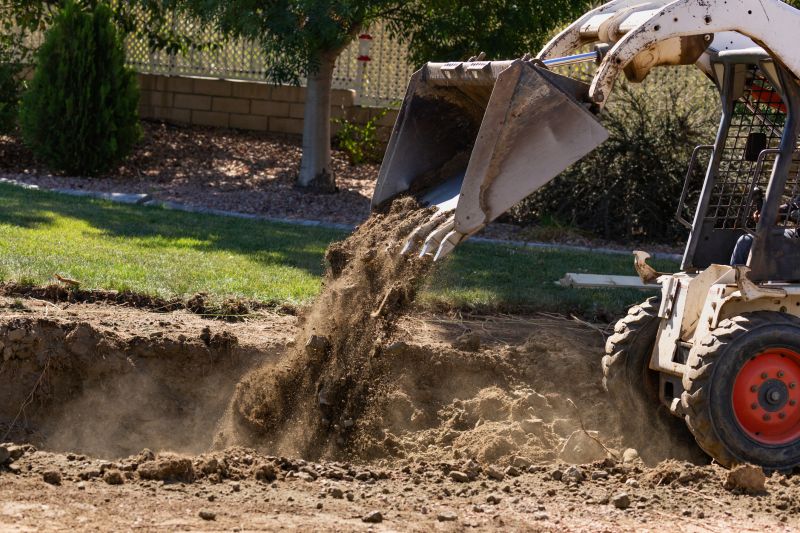
Heavy machinery used for loading and unloading can add to the overall delivery expenses.
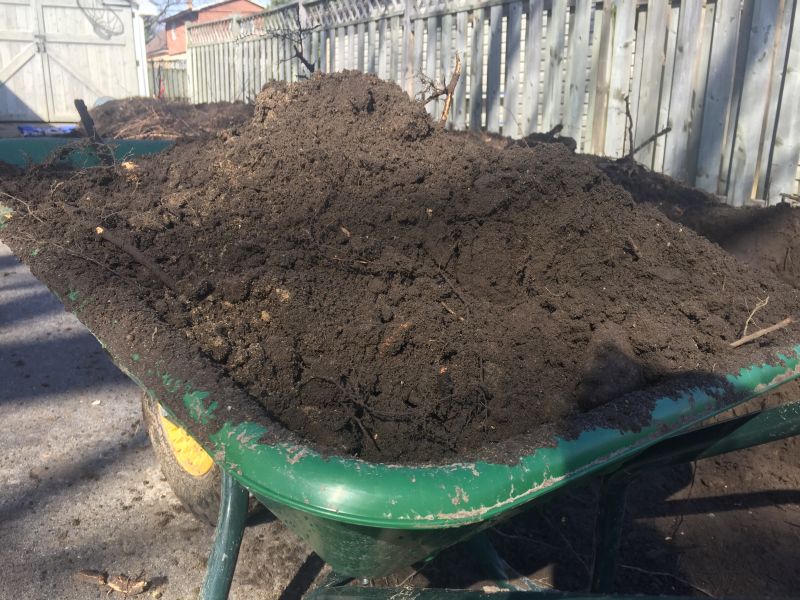
Sites with limited access or requiring special equipment may see increased delivery charges.
| Related Service | Average Cost |
|---|---|
| Topsoil Delivery | $50 - $150 per cubic yard |
| Gravel Delivery | $40 - $120 per cubic yard |
| Sand Delivery | $45 - $130 per cubic yard |
| Limestone Delivery | $60 - $160 per cubic yard |
| Mulch Delivery | $30 - $80 per cubic yard |
| Crushed Stone Delivery | $55 - $150 per cubic yard |
| Clay Delivery | $50 - $140 per cubic yard |
| Dirt Excavation Services | $500 - $2000 per project |
| Soil Testing Services | $300 - $800 per test |
| Site Grading Services | $1000 - $5000 per acre |
Careful planning and understanding of the factors affecting delivery costs ensure efficient project execution. By evaluating the scope, site conditions, and material needs, it is possible to optimize expenses and schedule deliveries that meet project timelines.
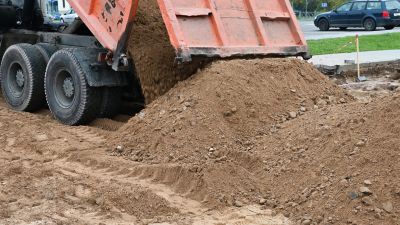
Different trucks have varying load capacities, influencing delivery frequency and costs.
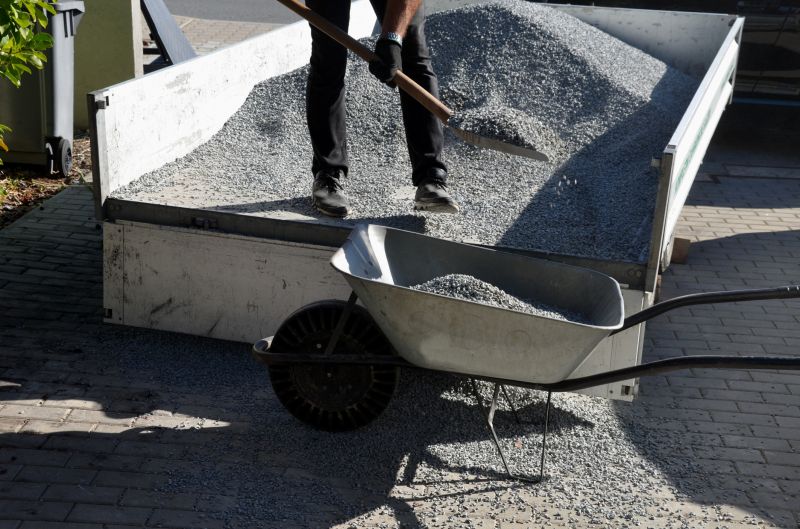
Specialized equipment like cranes or off-road vehicles can add to transportation expenses.
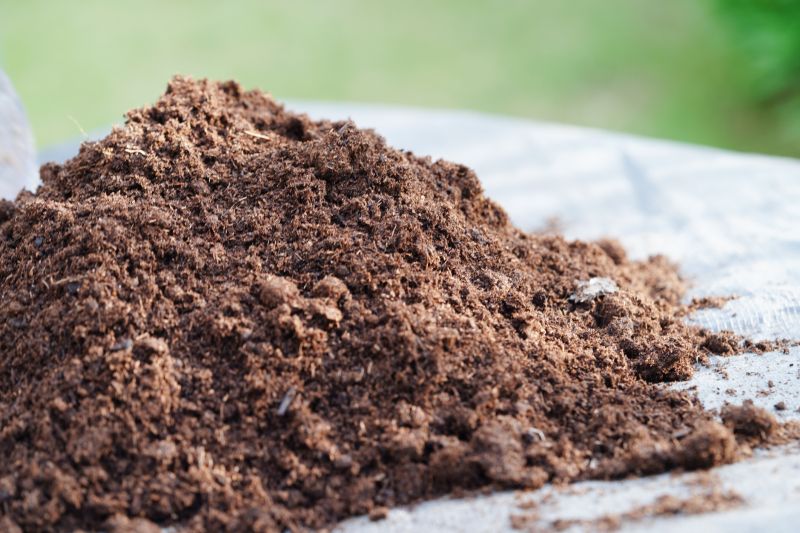
Preparing the site for delivery, such as clearing or grading, may incur additional costs.
Understanding the detailed components of fill dirt delivery costs helps in making informed decisions. From selecting the appropriate material to coordinating logistics, each aspect plays a role in the final expense. Consulting with experienced providers ensures clarity and helps avoid unforeseen charges.
Accurate cost estimation supports effective project planning, ensuring that fill dirt deliveries align with budget constraints and project timelines. Considering all influencing factors and obtaining comprehensive quotes facilitate smooth execution and resource management.
